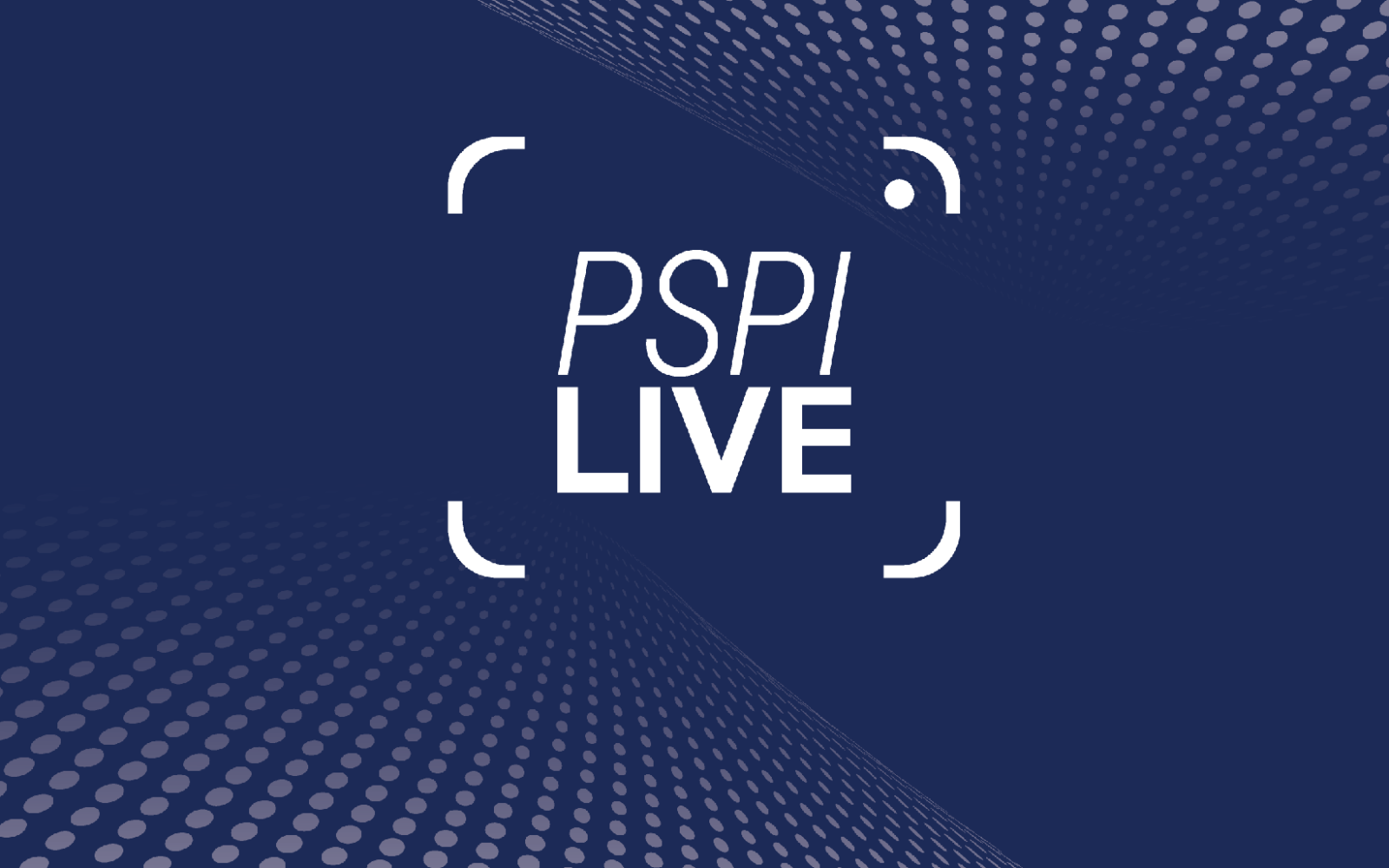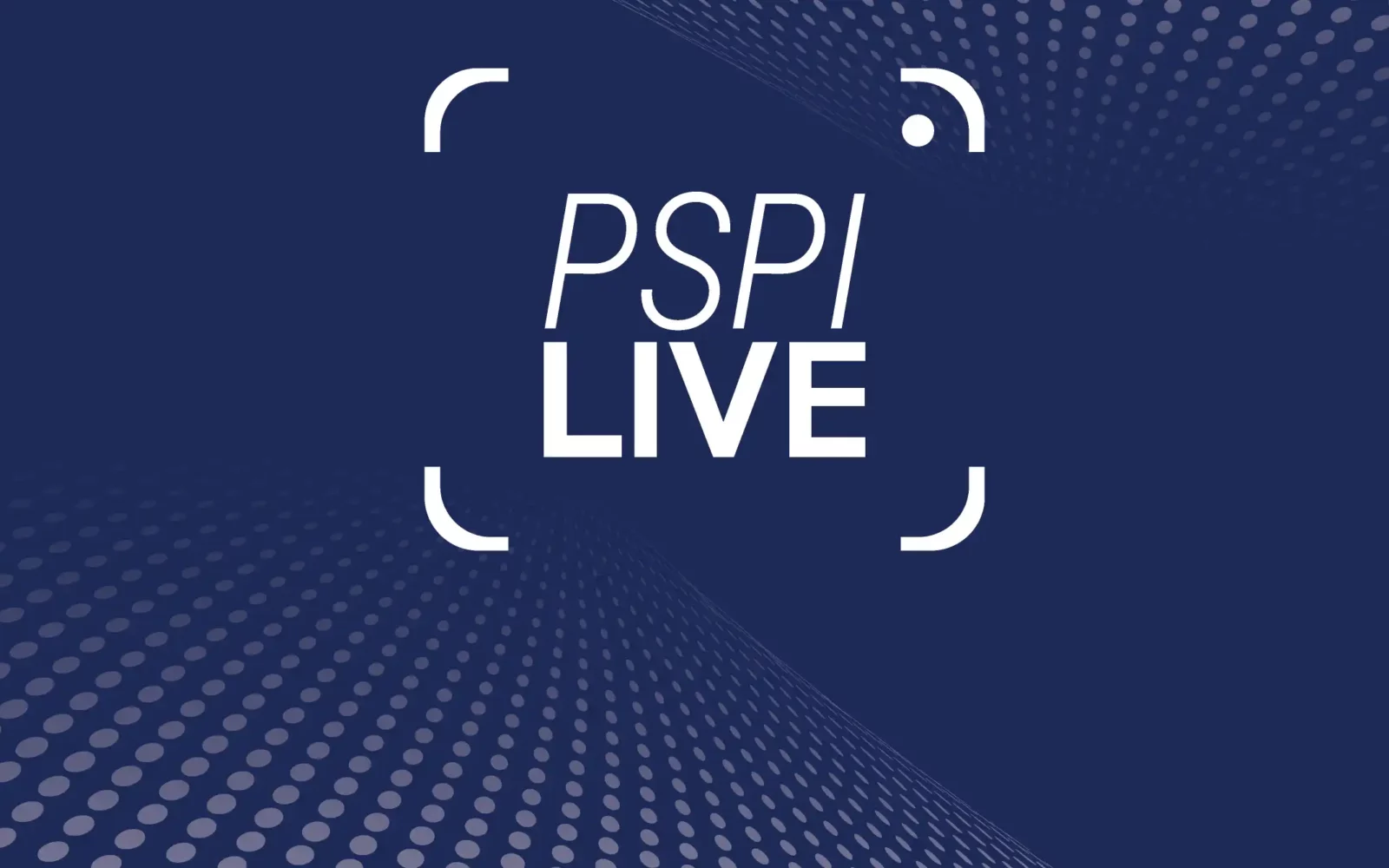PSPI Live: Understanding the Stigma Associated With Substance Dependence
Discussing addiction through a nonjudgmental lens

PSPI Live is a series of 60-minute live events highlighting recent or upcoming papers published in the APS journal Psychological Science in the Public Interest (PSPI). Speakers include the authors, policymakers, or representatives of important stakeholder groups.
What leads people to accept alcoholism, heroin addiction, and other forms of substance dependence as chronic health conditions? And how can that acceptance foster a supportive environment for the individuals struggling with substance use disorders?
An October 25 APS PSPI Live webinar—an online webinar series that explores recent or upcoming papers published in the APS journal Psychological Science in the Public Interest—addressed those questions. Moderated by the editor of the journal, APS Fellow and Charter Member Nora Newcombe (Temple University), the webinar looked at substance dependence from a nuanced perspective that goes beyond common misconceptions. APS Fellow Anne C. Krendl (Indiana University), the author of a forthcoming issue of PSPI titled “Stigma Toward Substance Dependence: Causes, Consequences, and Potential Interventions” (Krendl & Perry, 2023) shared her evidence-based insights and advised the audience to approach the issue as an emerging public health problem.
Krendl highlighted the consequences of living as an addict, such as unemployment and barriers to housing access, complicated interpersonal relationships, and disrupted mental and physical well-being. She also addressed possible interventions to help people who are struggling with addiction overcome those troubles and discussed the social and emotional barriers to behavior change in addiction contexts, such as anxiety, embarrassment, and difficulty finding supportive relationships.
Relatedly, Seth Mnookin, the director of the Graduate Program in Science Writing at the Massachusetts Institute of Technology, talked about the role of open communication in changing the stigma around individuals struggling with substance dependence.
Mnookin, who for more than a decade has written about his own experience with addiction, explained that many people assume individuals struggling with substance use disorders come from specific socioeconomic conditions, like low-income settings. He discussed the harmful consequences of this bias, such as shame in accepting one’s addictive behavior and isolation from loved ones. Because people do not associate addiction with individuals coming from educated families with a reasonable income status, such individuals with addictions and their families have difficulty disclosing their situation and seeking help.
Finally, Rachael Cooper, who is the senior director of the National Stigma Initiative at Shatterproof, added that behavior change for individuals struggling with addiction is complex. Living with addiction and sustaining this through harm reduction, which focuses on reducing the negative consequences of addiction, creates a less stigma-driven approach than a full-recovery goal, the speakers agreed.
A recording of the symposium is available below for registrants and APS members.
The full webinar is available to APS members and registered attendees.
Related PSPI Live Content
-

Eyewitness Error: Malleable Memories, Flawed Legal Processes, and an Opportunity to Train
First PSPI Live explores 2021 case for testing a witness’s memory of a suspect only once. Visit Page
-

Psychological Interventions for the Treatment of Chronic Pain in Adults
The latest PSPI examines psychological interventions for the treatment of chronic pain, including the gap between the evidence of the effectiveness of several psychological interventions and their availability and use in treatment. Visit Page
-

What Makes Educational Interventions Stick? Teaching the Right Skills in the Right Environments
The latest PSPI Live explored a review of the factors that contribute to the persistence and fade-out of educational interventions. Visit Page





APS regularly opens certain online articles for discussion on our website. Effective February 2021, you must be a logged-in APS member to post comments. By posting a comment, you agree to our Community Guidelines and the display of your profile information, including your name and affiliation. Any opinions, findings, conclusions, or recommendations present in article comments are those of the writers and do not necessarily reflect the views of APS or the article’s author. For more information, please see our Community Guidelines.
Please login with your APS account to comment.